On June 21, discussing the draft Law on Land (amended), many National Assembly deputies expressed concern about the regulations on compensation and resettlement support when the State reclaims land; and gave comments on measures to ensure the lives and livelihoods of affected people.
People whose land is recovered do not necessarily need bigger houses.
Commenting on the principles of compensation and resettlement when reclaiming land in the draft Law on Land (amended), delegate Nguyen Quang Huan ( Binh Duong delegation) said that according to the draft law on principles of compensation and resettlement, the part "people after being compensated will have equal or better living conditions than before" has been removed. According to the delegate, such a regulation is not in line with Resolution No. 18-NQ/TW.
“The submission said that this issue was dropped because there were many different opinions. In my opinion, such an explanation is not convincing because we do not understand the spirit of Resolution No. 18-NQ/TW correctly. According to Resolution No. 18-NQ/TW, the life of people who receive compensation equal to or better than before does not mean that they will have to have a bigger house or a wider access road or a higher salary; a better life has many evaluation indicators. It is because of incorrect understanding that leads to the regulation in Article 95 that agricultural land recovery must be compensated with housing,” said the delegate.
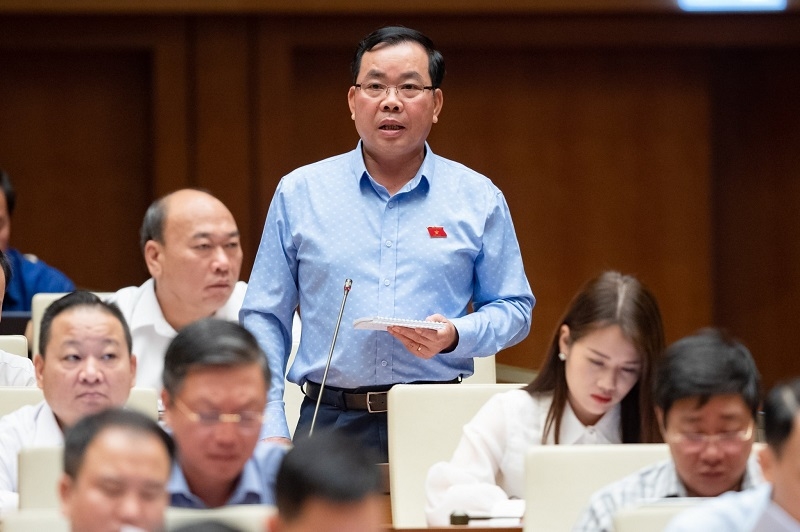 |
Delegate Nguyen Quang Huan: People whose land is recovered do not necessarily need bigger houses. |
Delegate Nguyen Quang Huan said that here, we are only concerned with their specific income, but not with the lives and livelihoods of the affected people.
"If people lose agricultural land, it means they lose their livelihood. We compensate with housing, people can rent that house to earn money, but they don't have a daily job and that affects their life and society. People's income may be higher but their life will be worse and at some point they will sell that house to convert it into money to spend, and in the end they will become homeless. Therefore, we need to pay close attention to Article 95," the delegate analyzed.
From that, delegate Nguyen Quang Huan said that we cannot remove this principle from the draft law just because of a few opinions that do not clearly understand or do not agree on the compensation price mechanism.
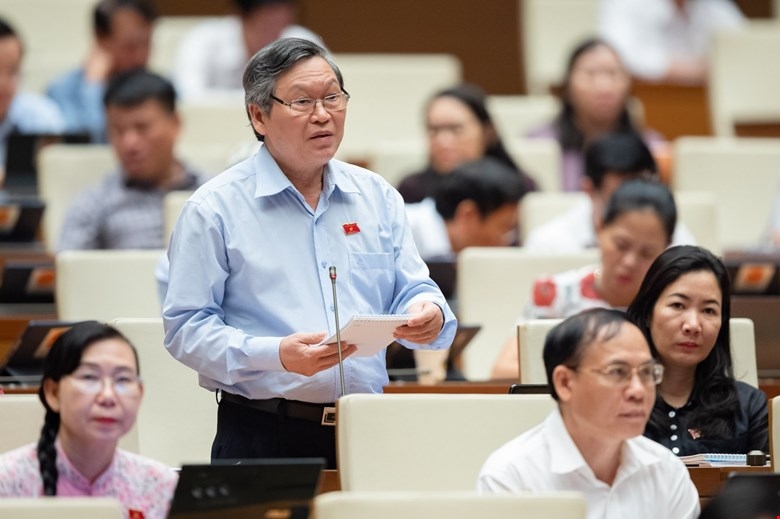 |
| Delegate To Van Tam. |
Encourage people to voluntarily donate land to build roads, bridges, and schools.
Referring to the issue of land recovery for socio-economic development, for national and public interests, delegate To Van Tam (Kon Tum delegation) emphasized that this needs to be extremely transparent and fair with the people.
According to the delegate, Resolution No. 18-NQ/TW of the Party on continuing to innovate and perfect institutions and policies, and improving the effectiveness and efficiency of land management and use has a very important viewpoint of continuing to implement the mechanism of self-negotiation between people and enterprises in transferring land use rights to implement urban and commercial housing projects.
Meanwhile, the provisions on land recovery, compensation and support when the State recovers land in Chapter VI and Chapter VII do not have any provisions clearly expressing this spirit and Article 127 of the draft law also has many contents that are not favorable to the people. Therefore, delegate To Van Tam proposed that it is necessary to determine land recovery entirely for national and public purposes and land recovery for commercial service purposes.
In cases where it is entirely in the national and public interest, the State shall recover, compensate and provide support according to the principles in Article 90 of the draft law, and at the same time have policies to encourage and motivate people to participate.
“In reality, many people have voluntarily donated land to build roads, bridges, schools, etc. without asking for compensation or support, so the government needs to have more policies to encourage them. In the case of land acquisition for purely commercial or service purposes, it should follow the agreement mechanism as stated in Resolution No. 18-NQ/TW,” the delegate said.
Sharing the same concern about land recovery for socio-economic development, for national and public interests, delegate Le Thi Thanh Lam (Hau Giang delegation) agreed with the provisions in the draft law but suggested considering and ensuring harmony of interests between land users, investors and managers, ensuring consensus in land recovery and clear separation from land use purposes.
“If any project is implemented for public purposes, for national defense or security, the state must reclaim it through policy mechanisms. As for social housing projects, enterprises, investors and even public service units that have achieved financial autonomy need to negotiate with land users whose land is reclaimed according to market mechanisms,” delegate Le Thi Thanh Lam suggested.
NGUYEN THAO
Source


![[Photo] Next to the "mountain of trash" after the flood, Tuy Hoa residents strive to rebuild their lives](/_next/image?url=https%3A%2F%2Fvphoto.vietnam.vn%2Fthumb%2F1200x675%2Fvietnam%2Fresource%2FIMAGE%2F2025%2F11%2F24%2F1763951389752_image-1-jpg.webp&w=3840&q=75)





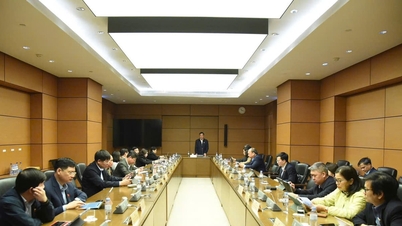

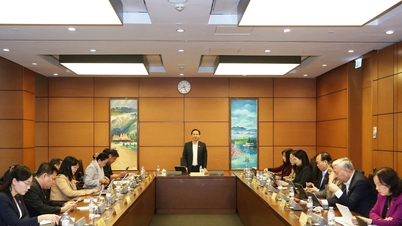
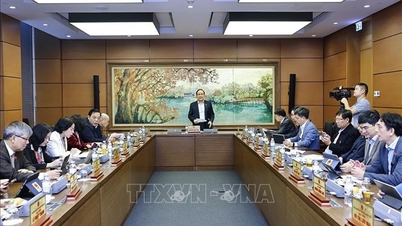


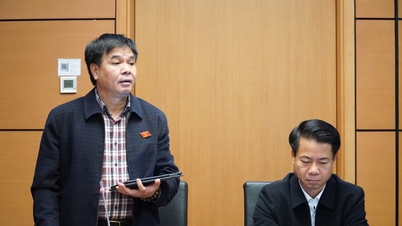
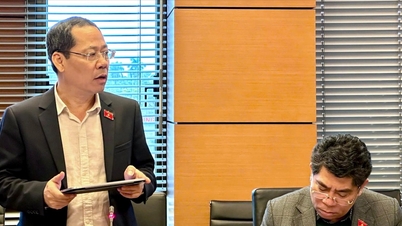


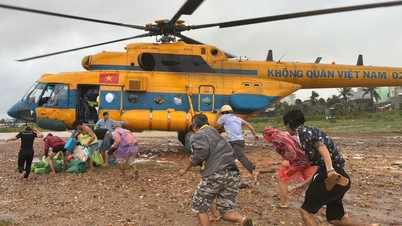
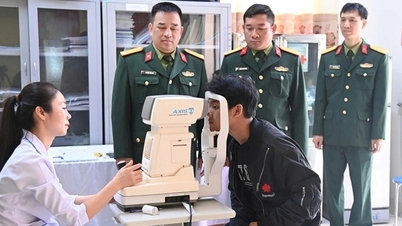
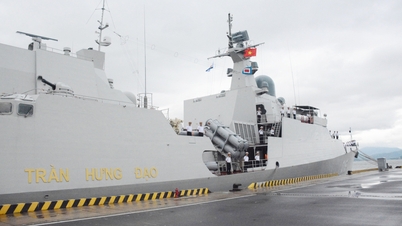
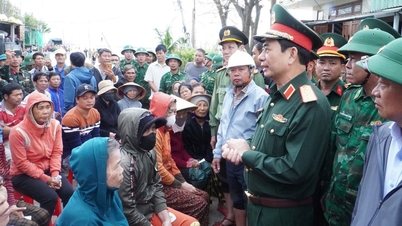
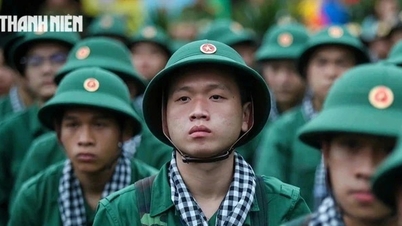




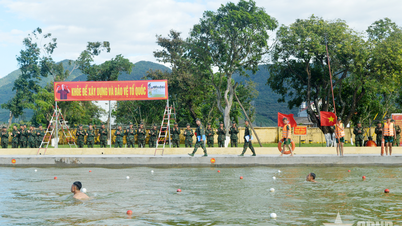
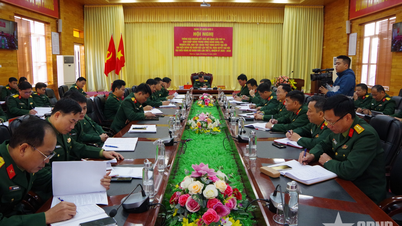
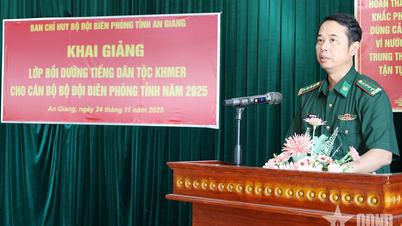
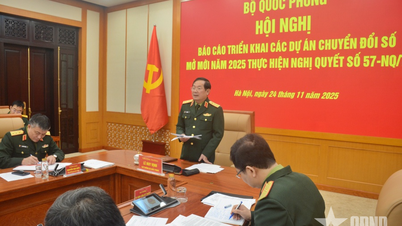
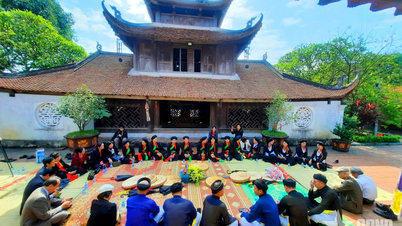
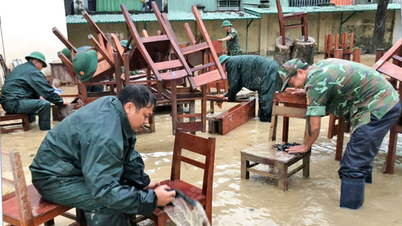

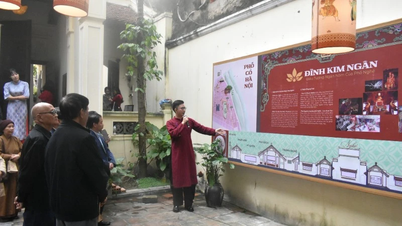






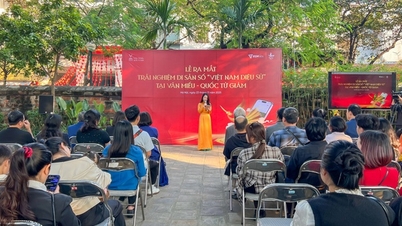

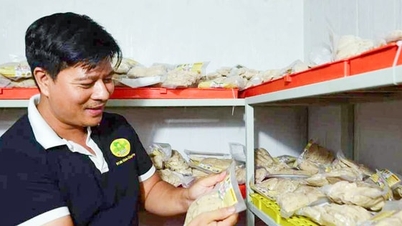







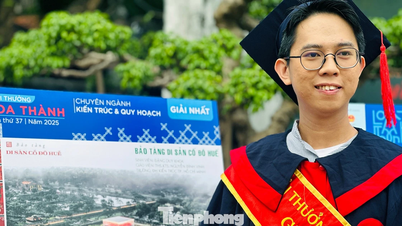




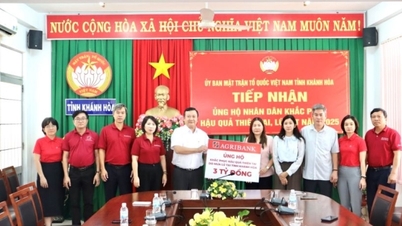

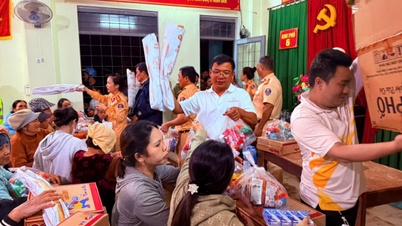

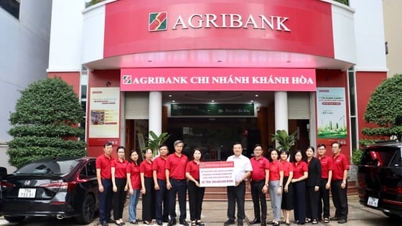









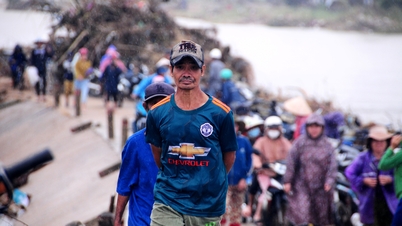
![[Photo] General Secretary To Lam attends the National Conference to review the Party's inspection, supervision and discipline enforcement work in 2025 and the 13th Congress term](https://vphoto.vietnam.vn/thumb/402x226/vietnam/resource/IMAGE/2025/11/24/1763967570884_anh-man-hinh-2025-11-24-luc-13-59-19.png)
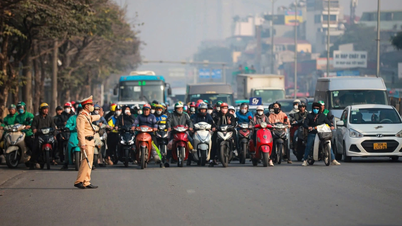
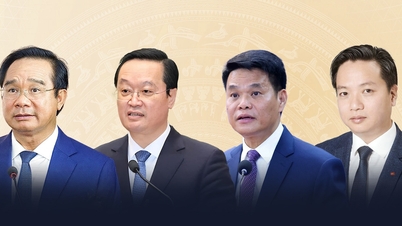
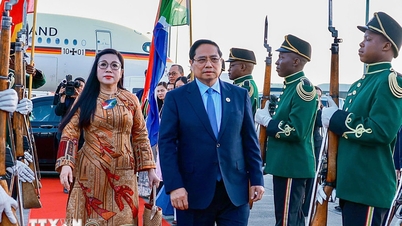
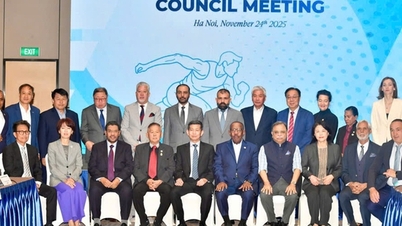

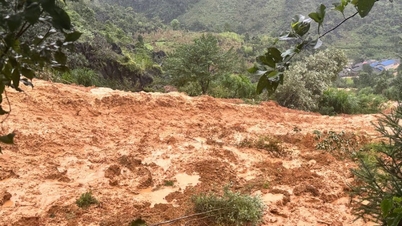

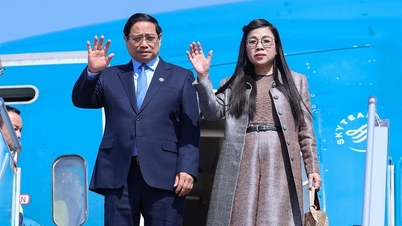
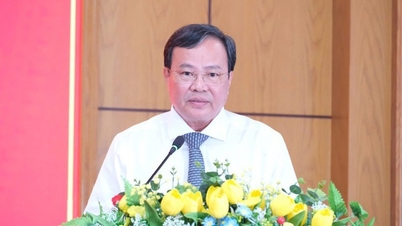


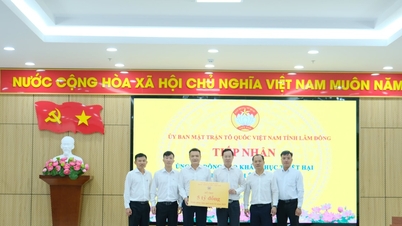

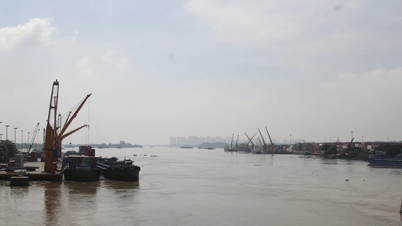



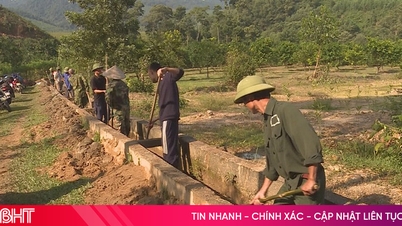

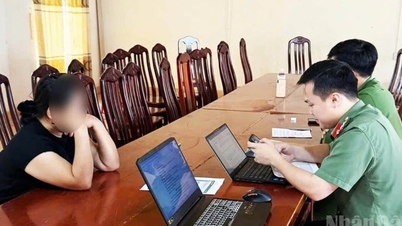
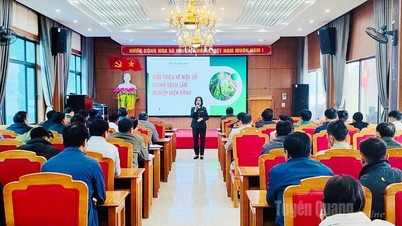












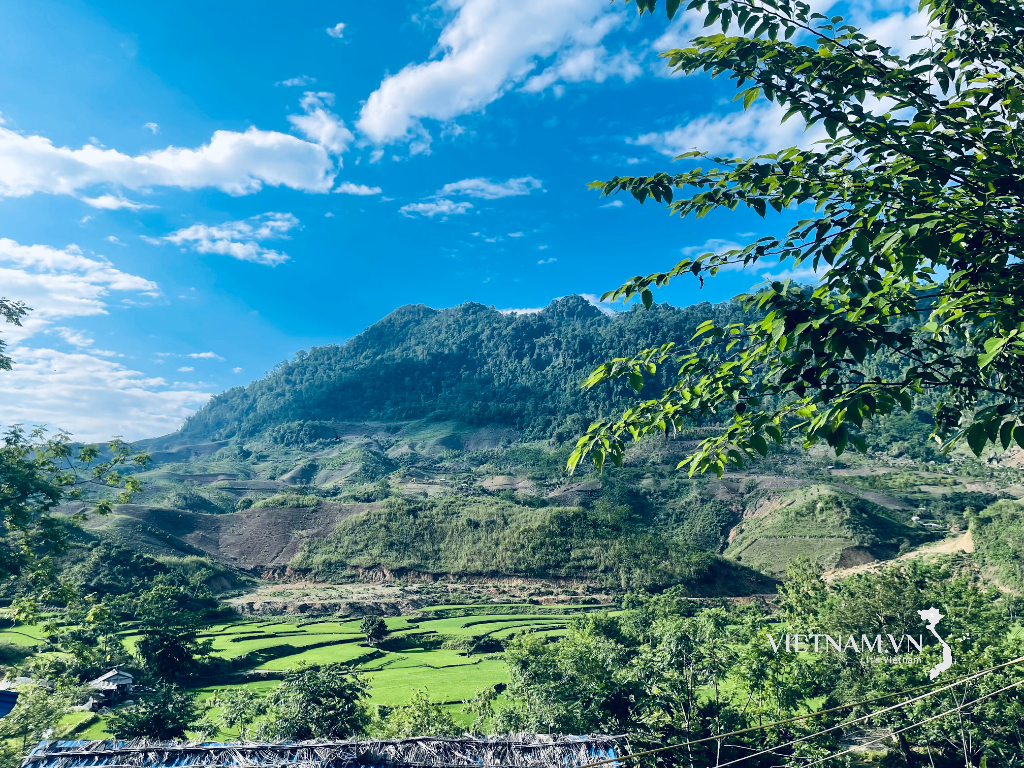

Comment (0)